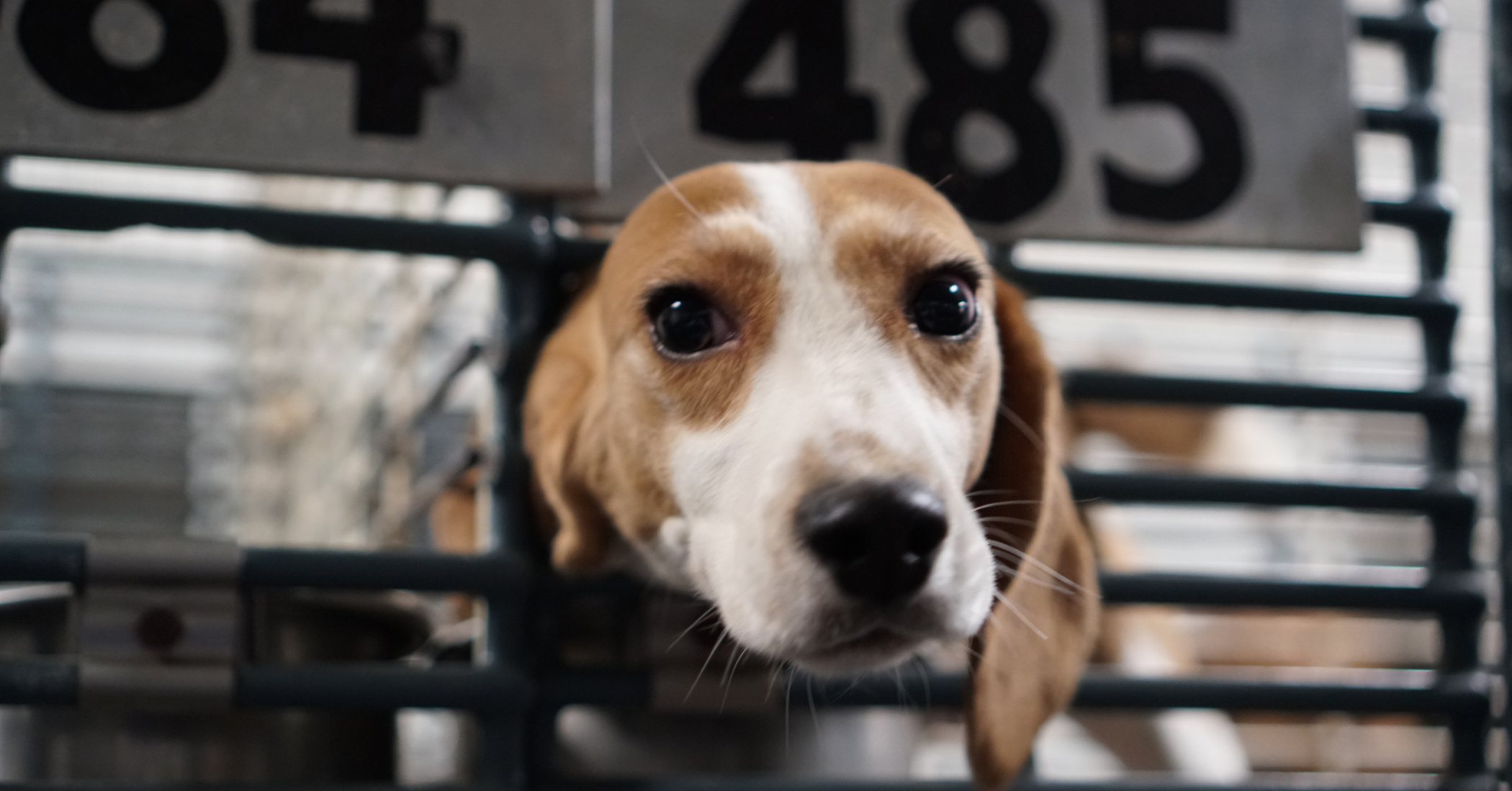Polar Bear Dies From Bird Flu In First Reported Case
This latest death shows just how far the disease is spreading around the globe, having already killed millions of wild birds and thousands of mammals.
A polar bear living in a remote region has died from bird flu, as the disease continues to spread and devastate wild populations of animals and birds.
The polar bear was found dead back in October last year near Utqiagvik, the northernmost community in Alaska, reported the Alaska Department of Environmental Conservation.
Sampling and study of the body later discovered that highly pathogenic avian influenza (HPAI) was the cause of death, making it the first polar bear case reported anywhere in the world.
HPAI was first reported at a goose farm in China back in 1996. In the decades since, the virus has killed millions of wild birds, millions of farmed birds, and thousands of mammals, after it spilled into wild bird populations in 2007.
The current outbreak then started in Spring 2021, when a particularly transmissible strain of the virus mutated and began to spread rapidly, affecting 37 European countries and later crossing the Atlantic Ocean as birds migrated to North America.
In the following years, more and more deaths have been reported with the latest news that it has spread to polar bears in northern Alaska highlighting how the disease continues to infect and impact new species.
“It’s been in Antarctica and now it’s in the high Arctic in mammals – it’s horrifying,” Diana Bell, emeritus professor of conservation biology at the University of East Anglia, told the Guardian.
“And yet I’m not surprised – in the last couple of years the list of mammals killed has become enormous. It’s killed such a wide range of predatory and scavenging mammals now, this isn’t just a poultry disease.
“When it hits a large, charismatic species like a polar bear, people suddenly sit up and listen – or at least I hope they will. We’ve already got a pandemic in biodiversity and it’s called H5N1 because it’s killed so many birds and mammals.”
While the risk of human transmission is low, the virus is devastating wild animal populations on a global scale, which can be particularly damaging for endangered or at-risk species. For example, last year the disease resulted in more than 40 percent of all Peruvian pelicans dying within the space of just a few weeks.
“The outbreaks among wild birds are causing population and species level concerns which may drive extinctions and jeopardize decades of conservation efforts,” according to research into the impact of the current outbreak on wild animals.
As well as wild populations, the spread of the disease has also led to millions of farmed animals to be slaughtered around the world. When the virus is detected on a farm, officials will slaughter entire flocks to stop the spread, typically using mass killing methods like suffocating flocks with firefighting foam or by filling the barns with carbon dioxide. In the US, one egg factory in Iowa alone culled 5.3 million hens by roasting them alive after avian flu was found on the farm. It is estimated over 50 million farmed birds have been culled in the US to help prevent the spread.
According to the Word Organisation for Animal Health, the current outbreak of bird flu is caused by several factors, including the globalization of trade, wild birds and their migratory routes, and the farming of animals for human consumption.
We Have A Favor To Ask…
Species Unite amplifies well-researched solutions to some of the most abusive animal industries operating today.
At this crucial moment, with worldwide momentum for change building, it’s vital we share these animal-free solutions with the world - and we need your help.
We’re a nonprofit, and so to keep sharing these solutions, we’re relying on you - with your support, we can continue our essential work in growing a powerful community of animal advocates this year.
More stories:
Species Unite
A collection of stories of those who fight the good fight on behalf of animals.






The 25% death rate is prompting renewed criticism of zoo breeding programs and fresh calls to prioritize sanctuary-based alternatives.